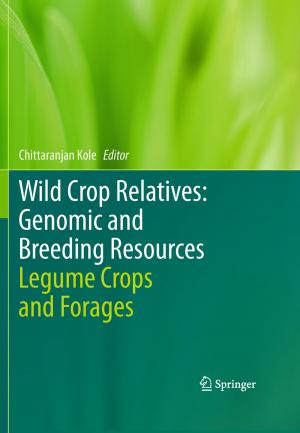IGFs:Local Repair and Survival Factors Throughout Life Span
Nonfiction, Health & Well Being, Medical, Specialties, Internal Medicine, Endocrinology & Metabolism, Medical Science, Physiology| Author: | ISBN: | 9783642043024 | |
| Publisher: | Springer Berlin Heidelberg | Publication: | December 1, 2009 |
| Imprint: | Springer | Language: | English |
| Author: | |
| ISBN: | 9783642043024 |
| Publisher: | Springer Berlin Heidelberg |
| Publication: | December 1, 2009 |
| Imprint: | Springer |
| Language: | English |
Insulin-like growth factors (IGFs), their binding proteins and their receptors play important roles in regulating growth, metabolism, proliferation and survival for many cells and tissues throughout lifespan in humans and other species. Circulating IGF1 is known to be an endocrine regulator, with metabolic effects related to, and partly convergent with, insulin signalling. IGF1 also mediates many of the growth promoting effects of GH, and there is an ongoing debate as to the relative contributions of endocrine-, vs locally-derived IGF1 for systemic growth. More recently however, it has become clear that IGFs may be key local growth and cellular survival factors for many different tissues, active from early in embryonic development, essential for normal maturation and growth during foetal life. IGFs continue to play important roles throughout adult life in many diverse processes such as tissue repair, cellular proliferation, tissue remodelling and metabolic regulation. IGF systems are tightly regulated; orderly control of cellular repair and metabolism is central to healthy ageing, whilst uncontrolled proliferation can lead to cancer.
Insulin-like growth factors (IGFs), their binding proteins and their receptors play important roles in regulating growth, metabolism, proliferation and survival for many cells and tissues throughout lifespan in humans and other species. Circulating IGF1 is known to be an endocrine regulator, with metabolic effects related to, and partly convergent with, insulin signalling. IGF1 also mediates many of the growth promoting effects of GH, and there is an ongoing debate as to the relative contributions of endocrine-, vs locally-derived IGF1 for systemic growth. More recently however, it has become clear that IGFs may be key local growth and cellular survival factors for many different tissues, active from early in embryonic development, essential for normal maturation and growth during foetal life. IGFs continue to play important roles throughout adult life in many diverse processes such as tissue repair, cellular proliferation, tissue remodelling and metabolic regulation. IGF systems are tightly regulated; orderly control of cellular repair and metabolism is central to healthy ageing, whilst uncontrolled proliferation can lead to cancer.















